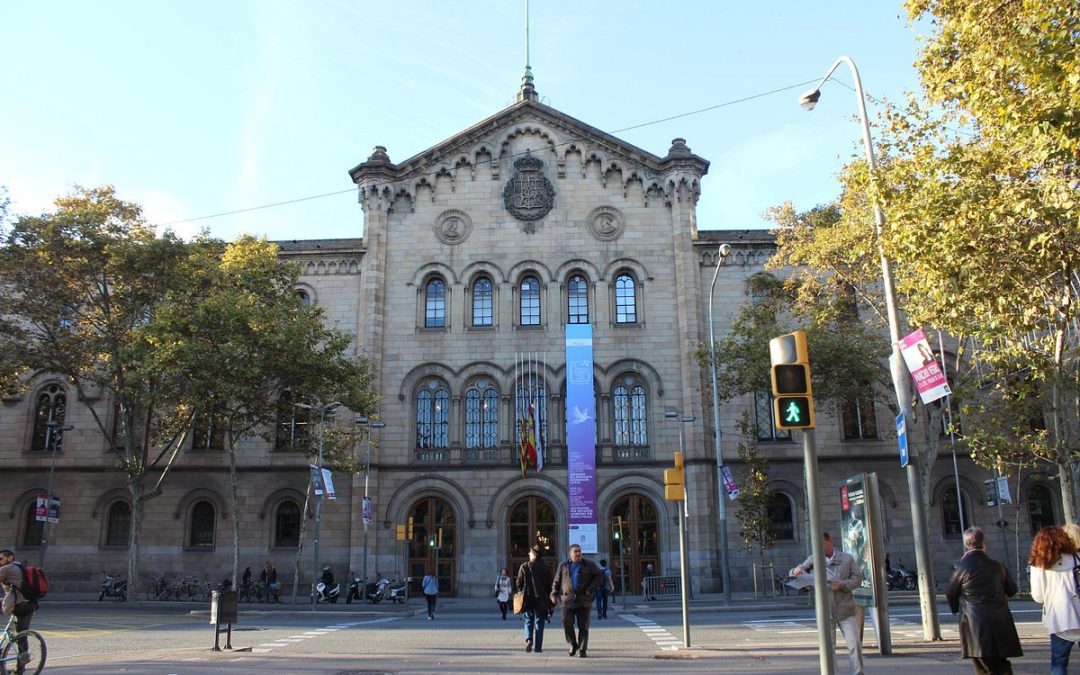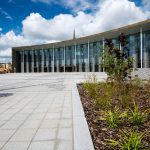It was a pleasure to cross the disciplinary borders into the anthropology of mobility and present our research to this excellent panel convened by Mari Korpela (Tampere University) and Klavs Sedlenieks (Riga Stradins University) at the 18th Biennial Conference of the European Association of Social Anthropologists (EASAA24) at the University of Barcelona, 23rd-26th July 2024
We set out an ambitious plan to present this paper [hyperlink], but actually ended up focusing on the role played by family in the decision of a group of 10 Italian academics to move to England. This was interpreted against the background of neoliberal universities, the 2008 economic crisis and Brexit. Challenges to cultural stereotypes such as “being mummy’s boys”, familism and melodrama were also considered in lodging a new identity as intellectuals participating in a broad transactional network, while also being partly embedded into local realities.
Abstract
European academics in the UK are skilled migrants who usually moved for professional reasons and report considering themselves a (relatively) privileged group (see Authors in prep). Our study presents a critical reflection on the socialisation practices and experiences of a group of Italian academics in the North-West of England through an emic lens, by engaging with rich qualitative data. Drawing on the Brain Drain project this study focuses on 10 semi-structured interviews carried out during/post-Covid. This paper offers a re-evaluation of Daniele’s (2019) study of Italian academics in Liverpool pre-Covid. Data collected after Covid show a further level of complexity: there is a “here” (the UK) a “there” (Italy); there is a “before” and there is an “after”. Furthermore, many academics moved to the UK from other countries than Italy (onward migration), or moved within the country prior to the interview and have a complex network of ties, thus resisting a simplistic UK/Italy contrast. Broadly couched within Discourse Analysis, this paper aims at highlighting the complexities in the family and friendship ties established by a small group of Italian academics working in the North-West of the England during Covid.








